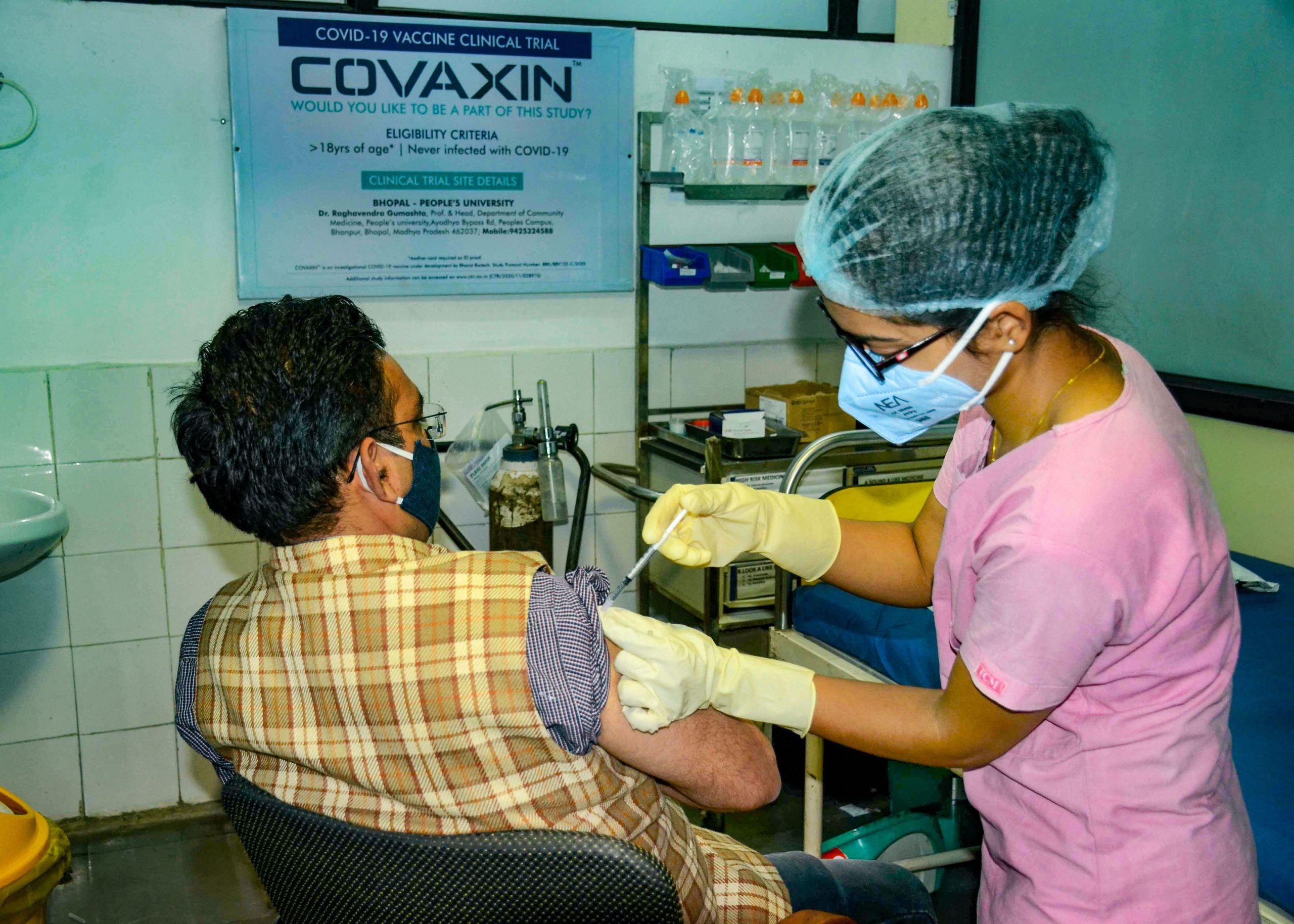The World Health Organization has not granted Bharat Biotech’s COVID-19 vaccine – Covaxin – an emergency-use status. The UN body on Monday asked the Hyderabad-based company for further data, saying it could not “cut corners” in making a decision.
Covaxin, India’s indigenous COVID-19 vaccine, received DCGI approval for Phase I and II human clinical trials in July, 2020. It was first rolled out in February and its parent – Bharat Biotech – has been sharing data with the WHO from early July, 2021. The vaccine was given emergency-use authorisation in India in January.
Also read: Japan’s overnight COVID success story puzzles experts
However, without a WHO approval, the vaccine is unlikely to be accepted around the world. This means millions of Indians, who have taken Covaxin, wanting to travel abroad face complications. Covaxin accounts for 11% of the 985.5 million total doses administered in India, Reuters reported.
“We are aware that many people are waiting for WHO’s recommendation for Covaxin to be included in the #COVID19 Emergency Use Listing, but we cannot cut corners,” the WHO said on Twitter
“Bharat Biotech – the manufacturer of Covaxin – has been submitting data to WHO on a rolling basis and WHO experts have reviewed these data. WHO is expecting one additional piece of information from the company today,” WHO said in a thread of tweets.
Also Read: Bidens seen flouting Washington DC indoor mask mandate
“When the information provided addresses all questions raised, WHO and the Technical Advisory Group will complete the assessment and come to a final recommendation whether to grant Emergency Use Listing to the vaccine.”
However, the global health body has not specified what information it requires.
Also read: Billion vaccines soon: India’s COVID immunisation programme so far
“The technical advisory group will meet on Oct 26th to consider EUL for #Covaxin. @WHO has been working closely with @BharatBiotech to complete the dossier. Our goal is to have a broad portfolio of vaccines approved for emergency use & to expand access to populations everywhere,” WHO Chief Scientist Soumya Swaminathan said on Sunday.







